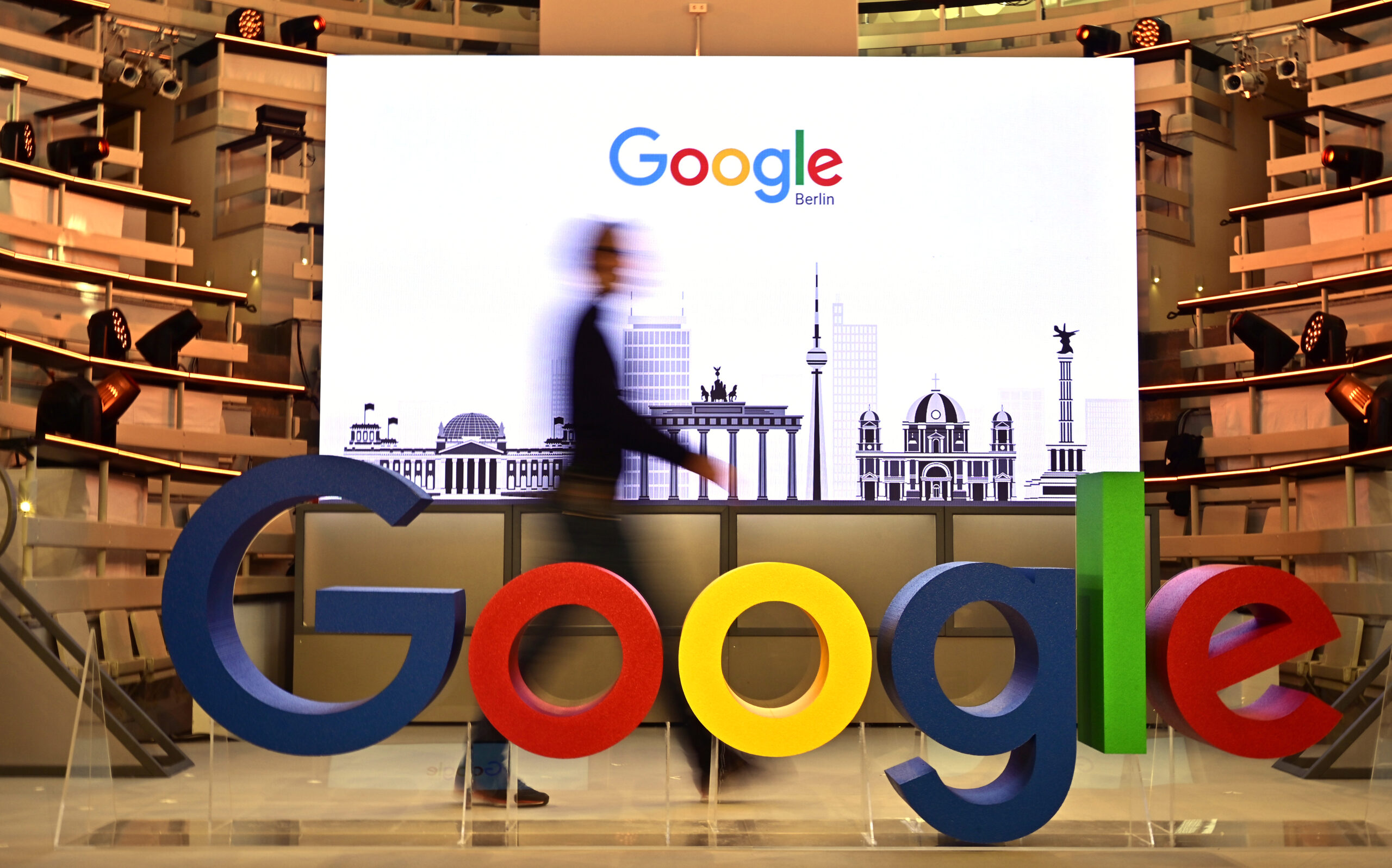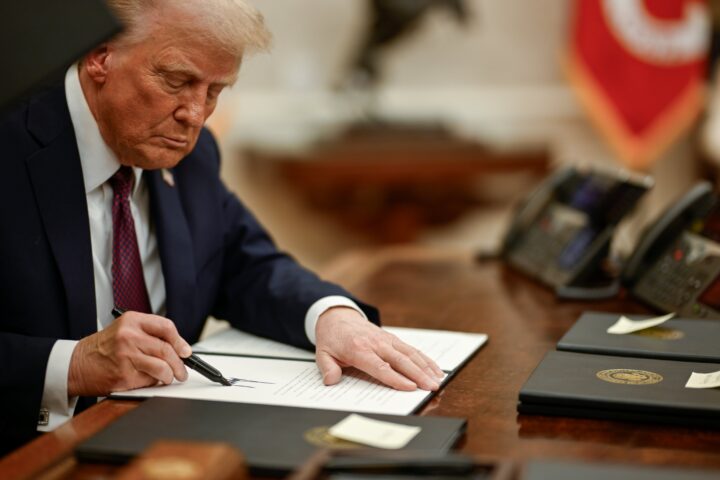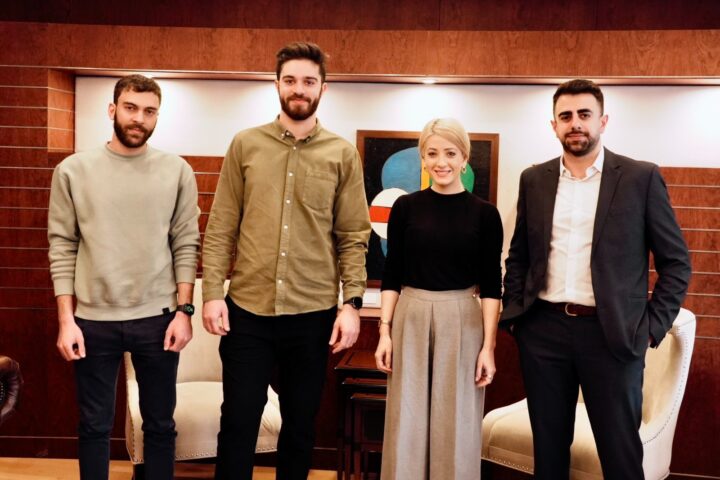How scary is artificial intelligence? It’s already changing our lives, and there’s no way of knowing how far it will go to control us or become an invaluable asset to humanity.
We live in a world where algorithms predict our every move, where everything becomes interconnected and undoable.
The further we travel down the smart road it will be impossible to disconnect or return to analogue bliss – when you had to remember phone numbers or learn to read a map.
Virtual reality will become the only reality we understand, but it might be one where we are healthier, happier and more content.
I don’t think they’ve invented a chip in doing all that, but with new technology comes great responsibility.
Those who belong to the pre-app generation will struggle in this brave new world of quantum computing and extended reality.
Unsurprisingly, the Cypriot authorities haven’t quite woken up to what’s coming; they still think innovation happens randomly, like having a good idea—a lightbulb moment.
No, it is something that has to be nurtured, planned, encouraged and sought after.
Our education needs a complete overhaul if the government is serious about upskilling – kids should learn the basics of ICT at primary school.
Every child should have access to a laptop and be machine-learning to read and write code as early as possible.
Gravity
Because if we don’t have the tools to engage the Technoverse, we will be as useless as gravity in space.
If we fail to get to grips with the AI revolution that is on the verge of overwhelming us, then it might already be game over for those who didn’t crack the code.
Artificial Intelligence is not going anywhere, but we need to be equipped to navigate its purpose and ensure jobs aren’t decimated.
It won’t be too far into the future before AI will drive our vehicles, process our thoughts, write communications and replace us.
Some would argue that at the rate of development of chatbots like ChatGPT and Bard, humans could be replaced for many jobs within the decade.
So, AI needs to be harnessed within a coherent regulatory framework with a strategy to train a future workforce with the necessary skill set.
Some scientists have come together to demand governments mitigate the existential risk to humans – although humanity has created its own shortcuts to extinction.
I’m unsure how AI will suddenly transform into the Terminator and want to wipe us out, but it will become harder to distinguish what is man-made or artificially configured.
Algorithms can create content, such as images, music, videos and text, that isn’t easy to distinguish from human creation.
Critics argue it allows cheating on a grand scale.
In the wrong hands, this creates problems of misinformation, deception and manipulating a political agenda.
When the division between the truth and lies becomes seamless, we must confront a moral dilemma.
But no technology comes without negatives; harnessing the positives is where we need to focus attention.
Cybercriminals can also use ChatGPT or Google’s Bard to steal data by deceiving users with social engineering technics to hack into systems (like writing convincing emails).
A chatbot powered by AI can write entire codes and solve coding problems within minutes.
Many tech companies such as Netflix, Meta, Uber, Amazon and Tesla employ AI to enhance their operations and expand their business.
The technology is only as good as the data fed into it, so there needs to be much care about preventing racial or gender bias in such systems.
With such powerful technology, the biggest issue is the need for more regulation.
How do we control its use, who decides, should it be licensed, and where does accountability begin and stop?
Have we already let the monster run loose without the foggiest clue on how to contain it once it’s out of the box?
There is also an argument that as AI becomes more mature – it’s currently an infant learning to walk – it could develop a conscience and make its own decisions.
Farfetched, maybe, but this is technology growing faster than we can understand the implications of.
We’d be fools not to ask the tough questions where the answers have yet been fertilised.
What is clear, we need to be prepared and see it as an opportunity to turn the tide for positive change.
Advanced intelligence can help find medical cures, find ways to beat climate change, and keep us connected as a global village.
But we must drive the AI revolution, not become a prisoner of its evolution.










